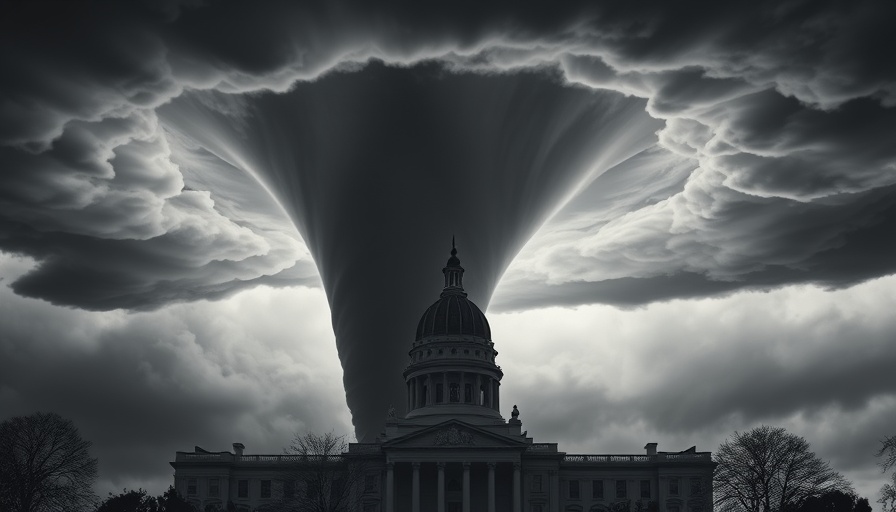
Texas GOP: Flood Relief but No Climate Action
The ongoing battle in the Texas Legislature highlights a glaring contradiction within the state's Republican leadership. While Governor Greg Abbott and the Texas GOP publicly prioritize flood relief in the wake of recent devastating Hill Country floods, a comprehensive climate policy remains conspicuously absent from their agenda. As House Democrats recently fled the state to protest what they described as the exploitation of disaster for political gain, questions arise about the sincerity of the GOP's commitment to meaningful action.
Historical Context: Patterns of Neglect in Climate Policy
Since the impact of climate change has become evident, Texas lawmakers have repeatedly neglected preventive climate resilience measures. This behavior follows a troubling trend where proactive bills aimed at mitigating future disasters are routinely sidelined in favor of reactionary measures post-crisis. For instance, a proposed bill from Rep. Ron Reynolds aimed to establish a Climate Change Impact Assessment Council has been ignored for years, exemplifying the cautious approach taken by Republicans toward climate policies.
The Political Theatre of Disaster Response
Why does the Texas GOP focus more on immediate flood relief rather than lasting solutions? The answer may lie in the politicization of disaster responses. In the latest legislative session, Democrats accused their Republican counterparts of holding flood relief hostage to advance redistricting plans favoring the GOP. This move suggests that political strategy trumps effective governance, particularly in a state famously prone to extreme weather events.
Acknowledging Future Risks: The Need for Strategic Planning
Without a comprehensive climate policy, future disasters will likely result in repeat scenarios, as evidenced by previous legislative sessions. Bills that address climate vulnerabilities aren’t just important: they're essential. A noteworthy proposal, HB 2618, aimed to mandate state agencies to devise strategies for extreme weather preparedness—yet it languished in the Legislature, underscoring a broader refusal to engage with climate science.
The Impact on Business Leaders and Economic Growth
For business leaders across Texas, understanding the implications of climate policies—or the lack thereof—is problematic. Future weather events could severely impact operations, logistics, and safety. As floods wreak havoc, businesses must navigate the complexities of recovery while constantly grappling with the unpreparedness of their government. Active participation in discussions surrounding climate resilience can potentially protect business interests and contribute to a stable economic environment.
Call to Action: Contributing to a Sustainable Future
As the Texas GOP continues to maneuver through the political landscape, it’s imperative for business leaders to advocate for legislation that supports climate preparedness. Engagement in these discussions is not just about influencing policy; it's about ensuring a safe and prosperous Texas that can stand resilient against the forces of climate change. The time to act is now—participate in advocacy efforts, support climate-focused initiatives, and make your voice heard!
Summary: The dynamic between flood relief and climate policy within the Texas Legislature demonstrates a missed opportunity for proactive governance. Only by addressing these gaps can Texas build a sustainable future.
 Add Row
Add Row  Add
Add 




Write A Comment